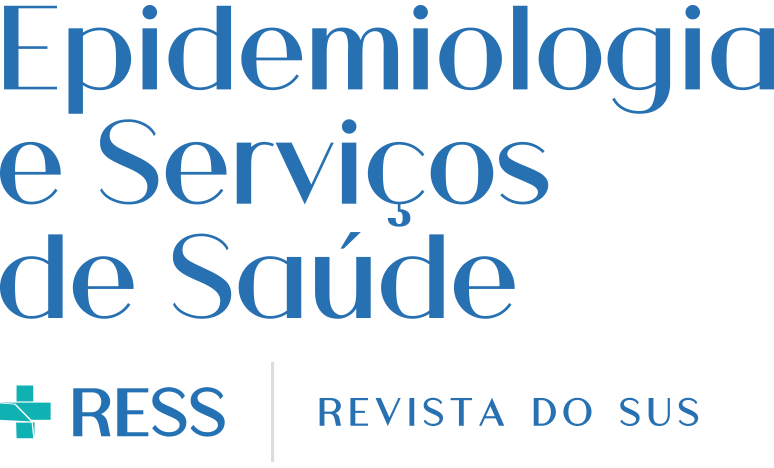ABSTRACT
OBJECTIVE:
to describe the epidemiological profile of reported cases of syphilis in pregnant women and congenital syphilis in the period 2007-2014 in Palmas-TO, Brazil.
METHODS:
this is a descriptive study with data from the Information System for Notifiable Diseases (Sinan).
RESULTS:
171 pregnant women with syphilis (4.7/1,000 live births [LB]) and 204 cases of congenital syphilis (5.6/1,000 LB) were identified; most women were brown-skinned (71.3%), had low education level (48.0%) and received late diagnosis during prenatal care (71.9%); the incidence of congenital syphilis varied from 2.9 to 8.1/1,000 LB in the period; the predominant maternal characteristics were age from 20 to 34 years (73.5%), having up to complete high school (85.3%), attending prenatal care (81.4%), diagnosis of syphilis during prenatal care (48.0%), and untreated partners of mothers who attended prenatal care (83.0%), reaching almost 80% of live births with congenital syphilis.
CONCLUSION:
it is necessary to adopt new strategies for the effectiveness of the prenatal care provided, and, consequently, to reduce the incidence of congenital syphilis.
Keywords:
Pregnant Women; Prenatal Care; Congenital Syphilis; Syphilis; Epidemiology, Descriptive

 Thumbnail
Thumbnail
